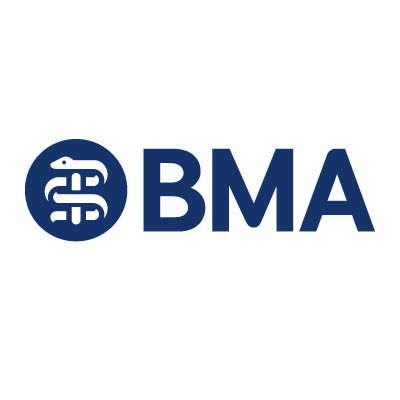What was the challenge?
The Regulations were introduced on 4 November 2020 to limit the level of compensation payable to public sector workers when exiting their employment to £95,000. The BMA were proactive in their approach and were first off the post to challenge these Regulations. They instructed us, along with David Lock QC and Nadia Motraghi, to act on their behalf in this judicial challenge.
The BMA challenged the Regulations, on the grounds that they sought to override accrued contractual employment rights of public sector workers and placed an onerous, administrative burden on any exiting public sector worker, regardless of whether they were caught by the £95,000 cap.
On behalf of the BMA, we argued that not only was this considered unlawful with far reaching consequences for those working in the public sector, but also that it would have been particularly burdensome for junior doctors.
As the challenge progressed, there was mounting pressure with eight separate bodies issuing their own challenge to the Regulations or becoming an interested party.
What was the outcome?
All challenges were due to be heard together at the end of March 2021. However, with the pressure mounting, on 12 February 2021, HM Treasury announced that it had decided to revoke the Restriction of Public Sector Exit Payments Regulations 2020:
After extensive review of the application of the cap, the Government has concluded that the cap may have had unintended consequences and the Regulations should be revoked.
Therefore, as from 12 February 2021, the restrictions contained in the Regulations were disapplied in respect of any relevant public sector exit.
On 25 February 2021, the draft regulation revoking the Regulations was laid before Parliament. The draft revocation requires that employers “must” pay any extra amount an employee would have received but for the Regulations plus interest.
This is great news for the BMA’s members and all public sector employees.
What does it mean for employers?
The draft revocation of the Regulations makes it clear that public sector employers are to pay the difference between any amount paid while the Regulations were in force and the amount that would have been paid but for the £95,000 cap, plus interest. The Government’s guidance encourages public sector employees who were directly affected by the cap while it was in force, to contact their former employer and request the amount they would have received.
Between 4 November 2020 and 12 February 2021, employers were making lawful payments that reflected the Regulations in place at the time. If the revocation as drafted comes into force employers will be under a legal obligation to pay the difference, plus interest. However, it’s still unsure how this will impact on settlement agreements entered into in good faith under the applicable law at the time.
Looking for advice?
Whether you’d like to discuss this case from a public law or employment law perspective, please don’t hesitate to get in touch.
If you’re in the public sector, you can easily access our legal services through the National Procurement Service framework. We’re ideally positioned to advise you on public and administrative law, employment law, corporate governance and ethical standards, civil and criminal litigation, education law, and real estate law.




